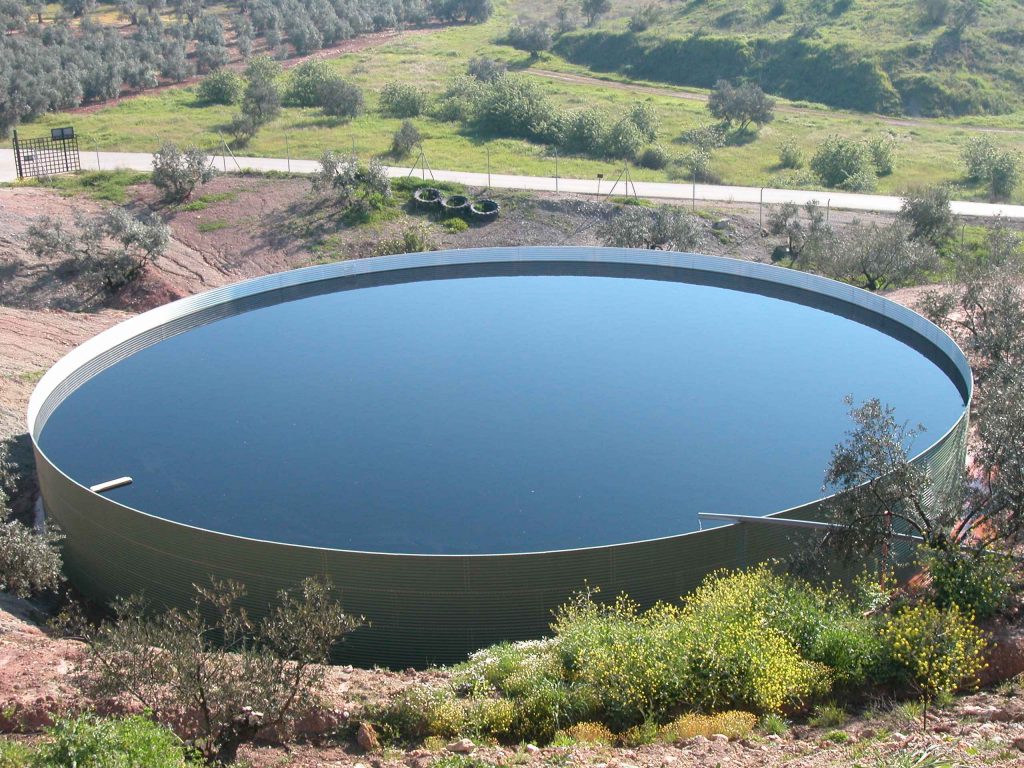Oil extraction is one of the oldest processes we have. Already in ancient times it was used for gastronomic purposes as well as beauty. To this day, its extraction process is somewhat complicated and in it you can see three phases or steps where the so-called olive pomace is obtained, which is divided into bone, pomace and vegetable water.
THE VEGETABLE WATER (alpechín)
WHAT IS THE VEGETABLE WATER?
Vegetable water is a dark, black liquid with a very unpleasant odor. It is the mixture of the water used to wash the olives and the water that the olives themselves have. The olive oil is made up of 83% water, as well as 15% organic matter and finally, 1% minerals. It has a rather bitter taste and its appearance is shiny.
The main characteristics of the alpechín are:
- Its pH has a low value that is at number 5 and even below this value.
- It has a high level of sugars.
- Among the minerals we highlight both phosphorus and magnesium and nitrogen.
It is a quite polluting product due to its high phytotoxicity and chemical oxygen demand. Many years ago, it used to be thrown into both rivers and sewers. But since the 80s it is totally prohibited. It must first be properly debugged or treated so that it can be used later.
APPLICATIONS – USES
Among the most frequent uses of the vegetable water we find that it serves to obtain energy and also to be present when it comes to obtaining water for irrigation. Another of its uses, although less common, is as a fertilizer. But not only that, but from Smallops we have developed a new use. Thanks to the vegetable water we produce iron nanoparticles encapsulated in carbon. Thanks to these nanoparticles produced from vegetable water, we can improve biogas production, clean polluted water… without having to resort to other less sustainable and costly processes.
If you want to know more about how to improve biogas production, we recommend that you read the following blog. On the other hand, if you prefer to know more about the alpechín and alperujo and their treatments, we recommend this blog.
Do you know any other use or peculiarity of the vegetable water?
Leave it to us below in the comments!


